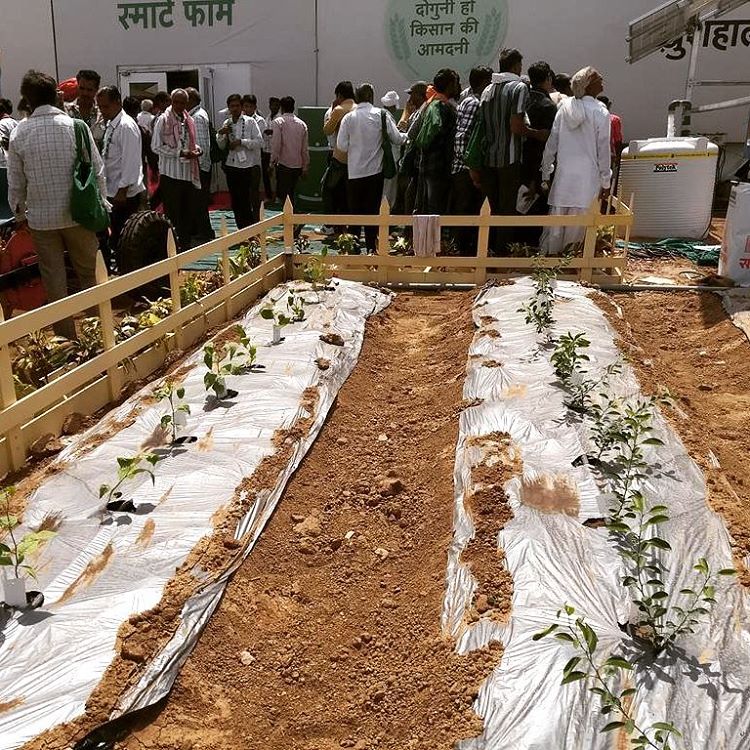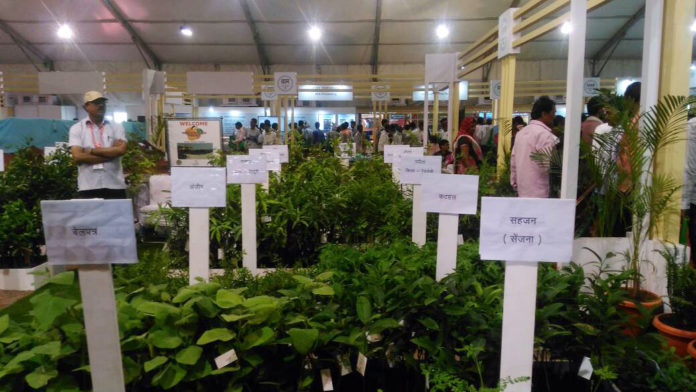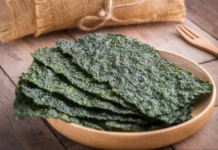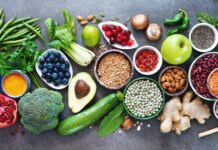It’s not a fact that’s often highlighted, but organic fields are sustainable and more beautiful than chemically-developed monocultures. What is ‘organic farming’ and why the world is going gaga over it is something that we wonder often. If we go by its dictionary definition, organic farming basically refers to ‘chemical free’ agricultural practices. From chopping and thrashing to application of fertilizers, pesticides and mulching—farmers use 100% natural items to enrich their soils and protect their harvest. We visited the model ‘smart farm’ in Kota—a small part of the city’s lavish agritech meet (GRAM 2017) to unveil the secrets of organic farming.
To our surprise, happy colours and naturally growing plants whisked us away to a whole new ‘green world’. Smart farm in Kota GRAM 2017 displayed organic farming at its best. We interacted with the experts that shed some light on the benefits of organic farming for farmers.

Organic Farming: The Basic Steps
Learning organic farming in 10 simple steps:
- Selection of natural crops
- Determining and enhancing soil fertility
- Assessing plant health
- Employing measures to determine insect pests
- Calculating disease pressure
- Managing weeds the natural way
- Assessing post-harvest issues
- Risk assessment
- Managing agricultural tools and equipment
- Skill assessment
Bio Manure: The Essence of Organic Farms
Bio manure is the foundation of organic farming. It forms the second step of organic farming. After determining soil health of a region, experts estimate the nutrient content of soil and mix manure to enhance its fertility. Organically produced manure enriches soil and supports soil microflora that promote healthy plant growth. The preparation process of biomanure is what determines the quality of harvest in fields.
Bio manure is made of cow dung, slurry, vegetable and fruit peels, dry leaves, twigs and other organic materials.
How to apply Bio Manure in fields?
Almost all growing plants require at least 800 to 1000 kg manure/acre except Kinnus and citrus fruits that require just 5 to 10 kg of manure. Mix it in soil, before sowing seeds. If you’re manuring standing crops, just apply it near roots.
If you continue applying organic manure to fields for several months in a row, your plants will grow tall and healthy.
Benefits of Bio Manure
- Increases soil fertility by providing essential minerals and nutrients to soil microflora.
- Increases humus (organic waste) content in soil.
- Being odourless, it doesn’t attract soil pests and termites.
- It enhances yield on fields.
Thus, organic farming is insignificant, incomplete without manure application. Visit smart farm at GRAM 2017 in Kota to learn more about manure, bio fertilizers and organic farming.












